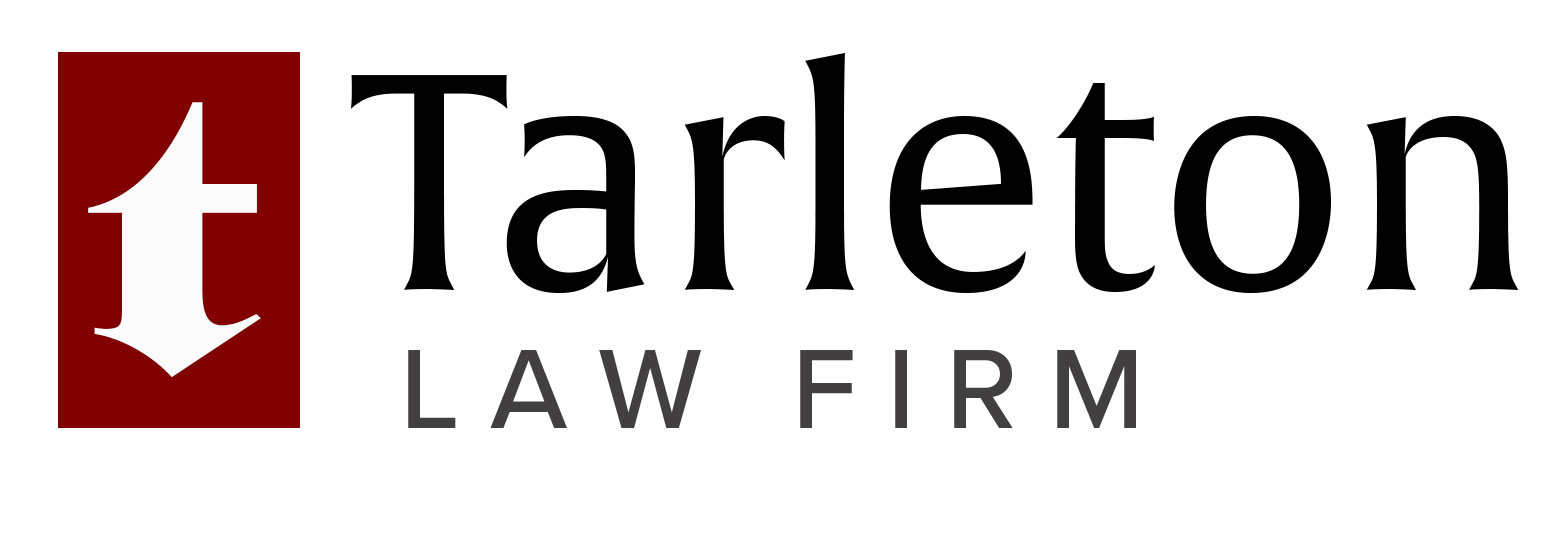When determining which assets require the probate process, it is important to understand the difference between assets that are categorized as “probate” assets versus those that are “non-probate” assets. PROBATE ASSETS. These are assets that are held in the deceased individual’s name at the time of his or her death, and are distributed by the probate process to the heirs or beneficiaries of the estate. Such assets generally consist of any of the assets that are not otherwise distributed through a non-probate process, as described below. The probate process used to transfer a probate asset can vary depending on the type of asset and whether a Will exists. When a valid Will exists and the Will appoints an Independent Executor, the probate process can …
Easter is almost here, so in that vein this week’s post looks at planning for a “nest-egg”. For most of us, that means talking about retirement accounts, whether using an IRA, SEP, 401k, or 403b. A budget for how to use retirement savings is good, but it is also vital to make sure retirement accounts are aligned with your overall estate plan. Retirement accounts can often hold the bulk of assets left to loved ones, so planning for a retirement account may, in fact, be the central focus of an estate plan. This also includes making sure you have a plan for access to your retirement savings if you ever needed help managing your finances during retirement. RETIREMENT PLANNING & POWERS OF ATTORNEY …
